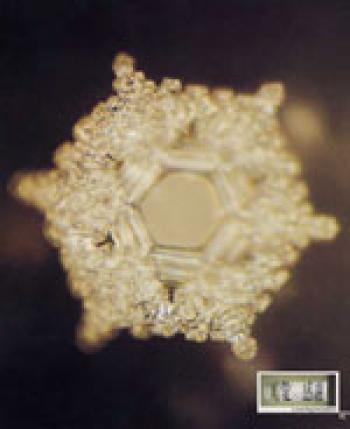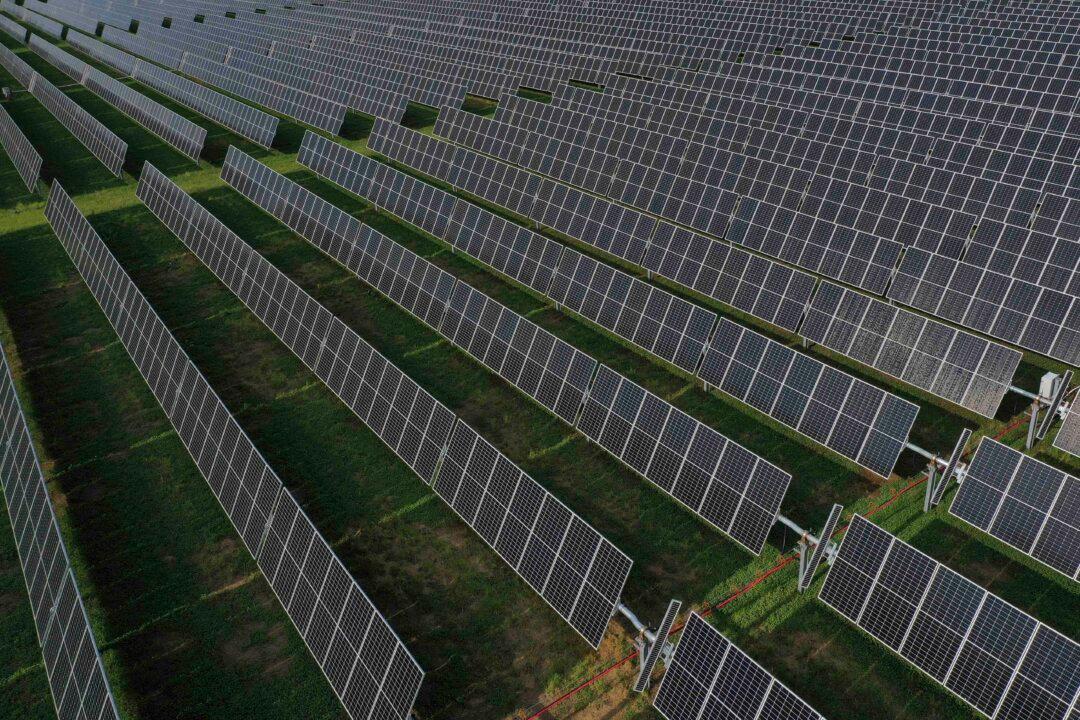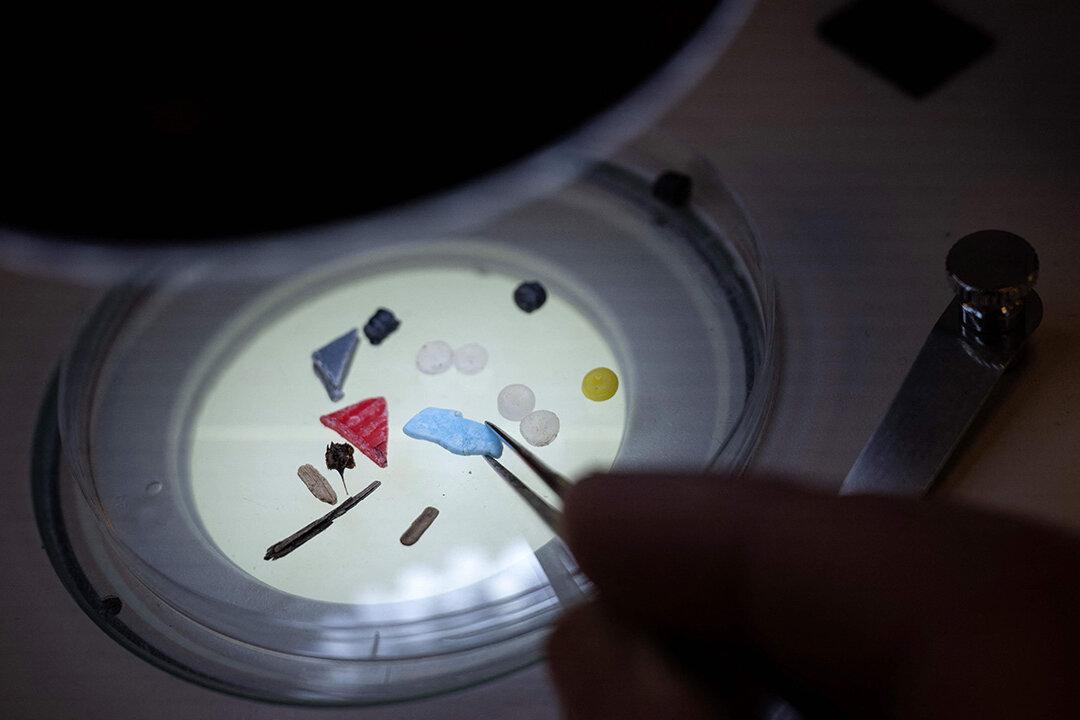The more I explore the work of water researchers—such as Veda Austin, Gerald Pollack, Dr. Jacques Benveniste, Masaru Emoto, and Nobel Prize-winner Dr. Luc Montagnier—the more I find myself in awe. Not just of water, but of what it may be quietly teaching us about life, food, and even consciousness.
Let’s start with the radical idea that water has memory.
If water responds to words, what about thoughts?
If it remembers what has touched it, what’s happening inside the water in our own bodies?
Nearly every cell in our bodies is made primarily of water. So is the food we eat—fruits, vegetables, meat, milk, and so forth. If water holds memory, then the water in our food carries information, too.
And that makes me wonder: What is that water telling our cells?
Every drop of water on Earth has been here before. It has moved through clouds, rivers, trees, oceans, animals, and people—drunk, sweated, peed, cried, prayed over, and evaporated again. If it remembers, it remembers life itself.
Which brings me to food.
When I harvest vegetables from my farm in Texas, they’re formed by the sun, soil, microbes, and water of this land. That water carries the memory of this place—its rhythm, history, and intelligence. When I eat that food, I’m not just feeding my body; I’m taking in coherent, place-based information.
But most of the food we eat today comes from far away. A tomato grown in another country—or under artificial lights in a warehouse—what story does that water carry? If the water in our food holds memory, it may be out of sync with our environment, our microbiome, or our seasonal rhythm.
There’s a coherence to eating locally, and maybe an incoherence in consuming food that’s traveled thousands of miles.
Before refrigeration, most food was eaten within 100 miles of where it was grown. People ate what the land gave them, when it gave it—not just out of necessity but in relationship. That wasn’t just about freshness. It was about intelligence.
Now we can eat strawberries in January and avocados every day. But what if we’ve lost something? Not just nutrients—but communication. If water carries memory, then food from far away might be feeding us with stories that our bodies no longer recognize.
And it goes deeper still.
If water responds to words, does it respond to intention? Does the saliva in our mouth change when we speak gossip versus words of love? Do our thoughts reshape the water inside us, moment by moment? We see the world through water—our eyes are mostly water.
We are born when our water breaks. And in many ways, we die when water leaves us—when hydration and flow cease.
Water is with us from our first breath to our last. What if it’s not just a companion? What if it’s consciousness itself?
I looked up as the water fell, thinking, “This rain has been here a million times before—and will be here long after us.”
The sacredness of that moment moved through me like a current. The next day, Austin shared her images and insights. It was a weekend of reverence for water—its mystery, memory, and meaning.
And it led to deeper questions. If water has consciousness, whose consciousness is it? Is it collective—an echo of every living being? Is it divine—the presence of God flowing through all things? Is it the Earth itself, encoded with ancient experience?
Maybe it’s all of the above.
Maybe the water in our bodies carries the memory of birthing mothers, sacred ceremonies, and ancient forests. Maybe oceans remember the footsteps of the first humans. Maybe water is the witness of life—holding every vibration, prayer, and pain ever spoken.
And if that’s true, what does it mean that we continue to poison it?
When we saturate water with pharmaceuticals, pesticides, heavy metals, and synthetic chemicals, we’re not just harming ecosystems—we may be corrupting water’s memory itself. Structured, coherent water may become disordered. Its ability to store and transmit biological information could be disrupted. If water carries intelligence, then polluting it might mean altering how life communicates, heals, or even regenerates.
The ripple effect on humanity? More disconnection. More inflammation. More illness that doesn’t respond to logic—because the medium of communication between life and itself has been garbled. Perhaps this helps explain why chronic disease and emotional dysregulation are rising, even as we “advance.” Maybe we’re not just out of balance—we’re out of resonance.
So I ask: What is the water in your food telling your body? What happens when we return to coherence—when we eat from the land we live on and speak to water as something sacred? And what changes when we stop treating water like a resource—and start relating to it as a living presence that already knows us—and maybe even loves us?
I don’t have all the answers, but I believe that the questions matter. And I believe that water already knows.







